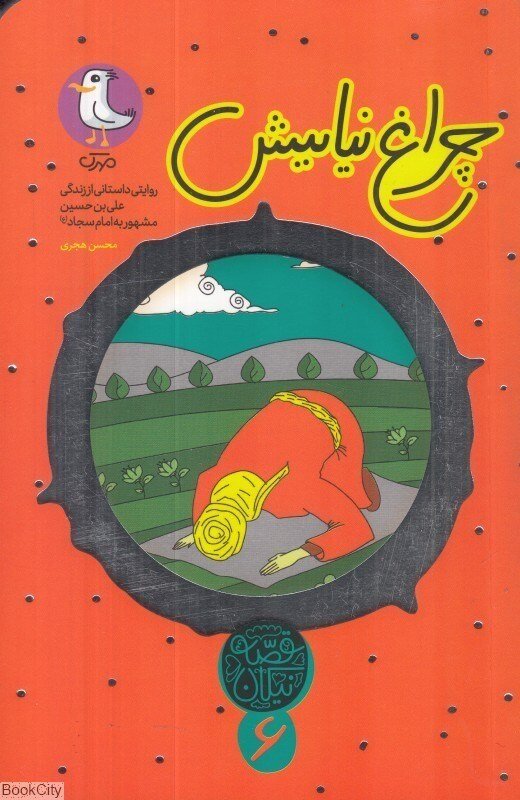The importance of paying attention to children when writing stories

"The Story of the Good," a collection of stories for children and teenagers written by Mohsen Hejri and published by Mehrak Publications, includes stories from the life of Imams and prophets. Each book describes the life of one of these nobles. “The light of worship" is one of the books in this collection that tells the story of Ali ibn Hussein (AS), also known as Imam Sajjad (AS).
Mohsen Hejri has written Imam Sajjad's story in a unique and effective way. He has tried to tell the story in a way that is distinct from the clichés that children and teenagers face in schools.
* How long did it take you to complete this book? What or who did you get your data from?
The research took a long time, and I studied a variety of sources because relying on only a few sources might lead to errors and damage. I believe three axes should be examined when researching historical characters: one, Individuals' achievements and lives, two, the words or hadiths that are left from them, and three, other people's opinions on these characters' life. The first of these three factors, in my opinion, is the most significant.
* How do you think such books can affect the audience?
Although it’s a difficault question to answer, I think we are in an era in which the new generation is facing a lot of problems finding the truth about religion, and somehow, they’re facing a lot of clichés and they are being forced to follow the religion. As a result, such books have a smaller audience and are less popular than other literary genres in the current situation.
* Which feature of Imam Sajjad (AS) do you think is the most prominent?
I learned a lot from him throughout two distinct phases of his life. The first is that Imam Sajjad (AS) is the only survivor of the Karbala incident, which is associated with a lot of sorrow. The second is that he lived during one of the most turbulent periods in early Islam's history, and during that time, he wrote manuscripts that later became known as Sahifieh Sajjadieh.
* Do you believe that by creating this book, you have given teenagers a better understanding of Imam Sajjad’s personality (AS)?
Well, I tried to write in a very realistic way that would be more believable. Critics' analysis and audience feedback are required to determine how effective such a method was, and we can't say for sure because there hasn't been any feedback yet.
* What role do you believe parents play in children's literature?
I believe that parents' attitudes on children's literature should change, because children and teenagers are very impressible. Parents should be aware that we cannot expect big changes in the world of literature as long as school textbooks and exams are prioritized.
Leave a Comment